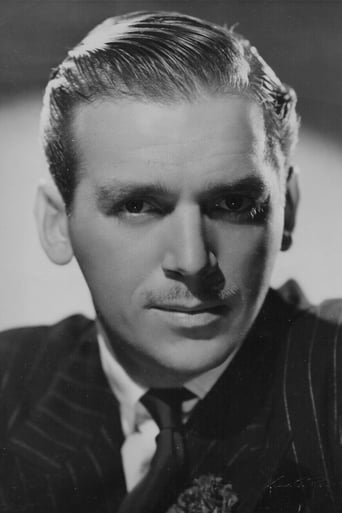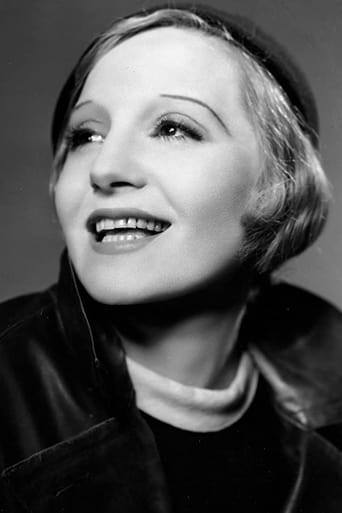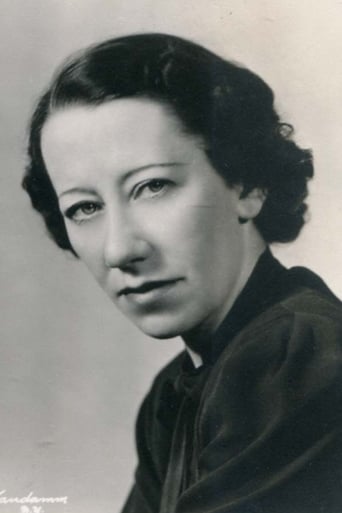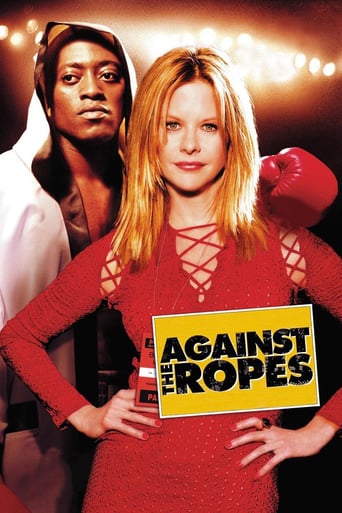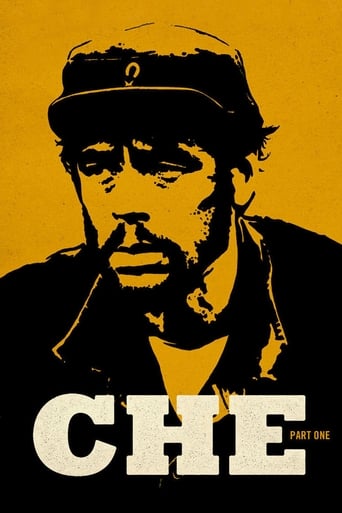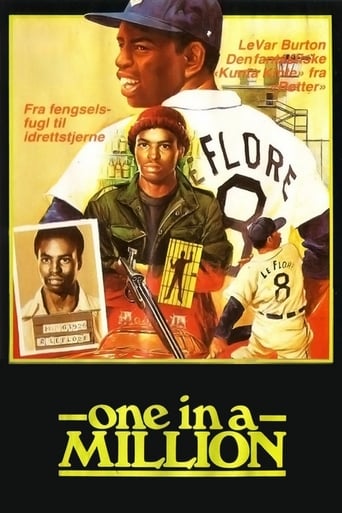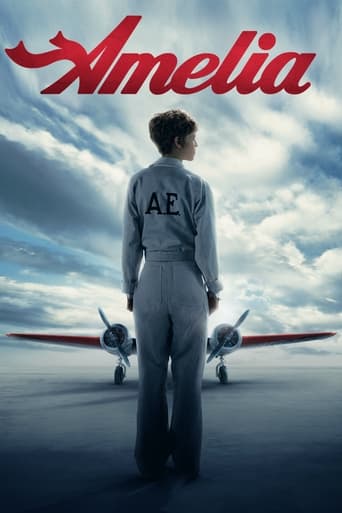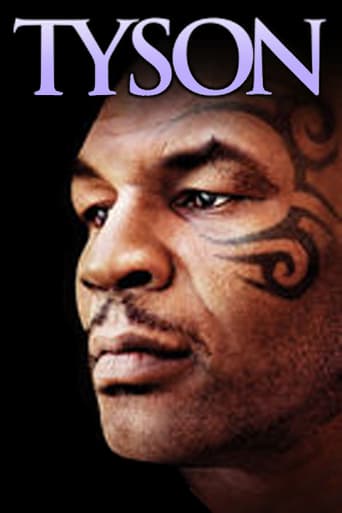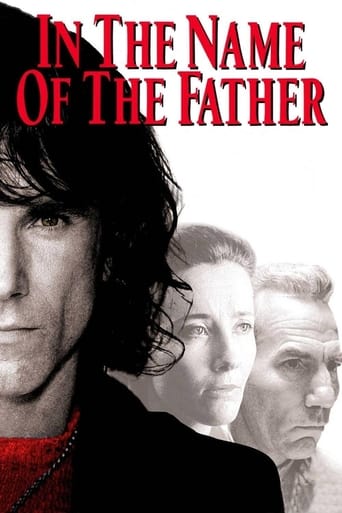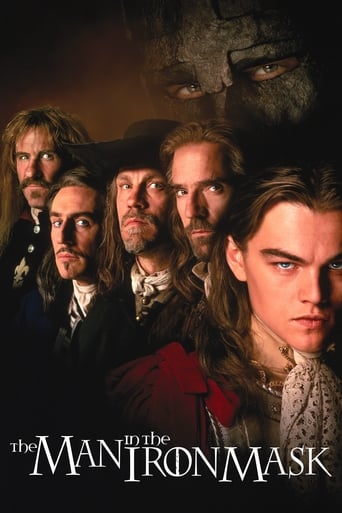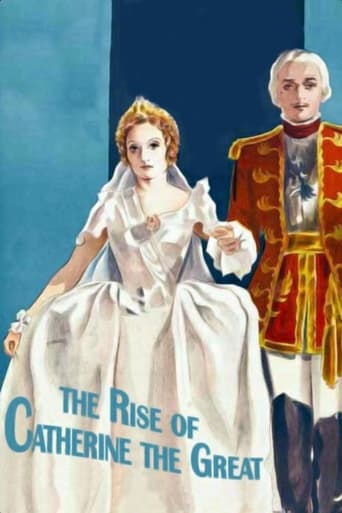
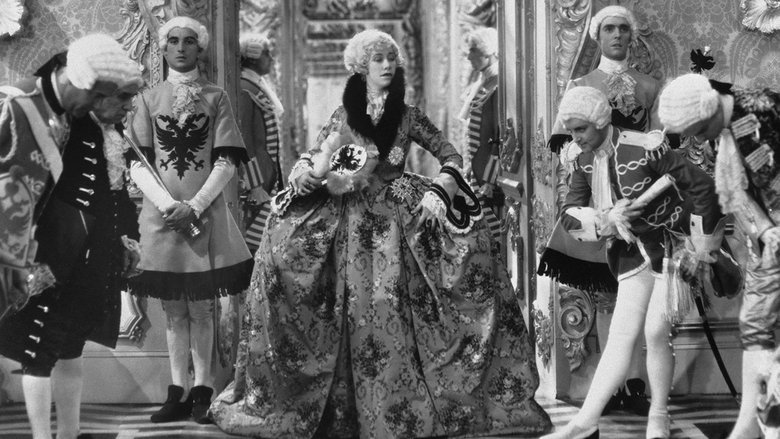
The Rise of Catherine the Great (1934)
The woman who will become Catherine the Great marries into the Russian royal family when she weds Grand Duke Peter, the nephew of Empress Elizabeth. Although the couple has moments of contentment, Peter's cruel and erratic behavior causes a rift between him and Catherine. Mere months after Peter succeeds his aunt as the ruler of Russia, a revolt is brewing, and Catherine is poised to ascend to the throne as the country's new empress.
Watch Trailer
Cast


Similar titles
Reviews
Like "Rembrandt" which I recently reviewed on this board "The Rise of Catherine the Great" is an ostensibly British historical film from the thirties which might also be regarded as a multi-national co-production. It was based on the play by two Hungarian writers (Lajos Bíró and Melchior Lengyel) about a German-born Russian Empress. It had two co-producers, one Hungarian (Alexander Korda) and one Italian (Ludovico Toeplitz), an Austrian director (Paul Czinner) and an American-born leading man (Douglas Fairbanks junior). Its leading lady, Elisabeth Bergner, is difficult to categorise in terms of ethnicity. She was born to a German-speaking Jewish family in what was at the time of her birth part of the Austro-Hungarian Empire, at the time this film was made part of Poland and today is part of the Ukraine. Rather than determine whether she should be described as German, Austrian, Hungarian, Polish or Ukrainian, her Wikipedia entry evades the issue by calling her a "European actress".In 1745 Princess Sophie Auguste Frederika of Anhalt-Zerbst arrived in Russia to marry the Grand Duke Peter, heir to the Russian throne. Although Peter had a Russian mother, he too was from a German princely house, that of Holstein-Gottorp, and could speak little Russian. (By rights the name of Russia's ruling dynasty should, from 1762 onwards, have been the House of Holstein-Gottorp, but for reasons of both nationalism and continuity Peter's descendants continued to use the more authentically Russian surname Romanov). Upon arrival Sophie's name was arbitrarily changed to Yekaterina, generally rendered in English as Catherine, even though "Sofiya" would have been a perfectly acceptable Russification of her German name. Her marriage to the mentally unstable Peter was not a happy one, but they remained together until after he had ascended the throne in 1762. (Divorce would presumably have been unthinkable). As Tsar Peter proved a disaster, and within a few months he was removed from power by a military coup, dying in mysterious circumstances shortly afterwards, following which the coup plotters invited Catherine to become Empress in her own right.As its title suggests, the film only deals with Catherine's rise to power and not with her subsequent reign. One or two details have been changed for dramatic purposes; in reality Catherine and Peter's marriage lasted for seventeen years, but in the film this period is greatly telescoped and no mention is made of their children. (Their son Paul eventually became Tsar after Catherine's death, even though he was nearly as mad as his father). No mention is also made of the historical Catherine's notorious sexual promiscuity, but in 1934 movie heroines were required to be impeccably virtuous, and Catherine is very much the heroine here.Bergner is not very good in the leading role, partly because she did not speak English very well but mainly because she is insufficiently imperious and commanding to make us think that this is a woman capable of not only ruling a mighty empire in her own right but also ruling it so well as to acquire the title "The Great". One cannot envisage Bergman's "Little Catherine" ever amounting to more than, at most, a puppet in the hands of the aristocrats and military officers who carried out the coup d'état.Fairbanks, however, is good as Peter, a difficult role to play because in this production Peter, although suffering from mental illness, is not altogether unsympathetic. At times he is capable of showing love towards Catherine, who for a time returns his love until he begins an affair with another woman. When he dies in the coup his wife is devastated, which is probably more than one could say for the real Catherine. Flora Robson is also good as Empress Elizabeth, Peter's aunt and Catherine's autocratic if capable predecessor.The mid-eighteenth century was a period when clothes and furnishings favoured by the wealthy classes of Europe were particularly fanciful and elaborate, and this is reflected in the lavish sets and costumes on view here. (By this period the Russian nobility had largely adopted Western fashions; had the story been set a hundred years earlier the clothes of the Boyars and their wives would have been very different to those worn by their English or French counterparts). It is therefore a pity that the film was made in black-and-white, but in 1934 colour film was an expensive luxury, rarely used in Britain. "The Rise of Catherine the Great" is a fairly decent historical yarn, but I felt it could have been better with another actress in the leading role. 6/10 A goof. The film begins and ends with a rousing rendition of the Russian Imperial Anthem, "Tsarya, Bozhe, Khrani", but this hymn was not written until 1833, long after the date when the film is set.
Douglas Fairbanks, Jr. is Peter III, the heir to the throne of Russia in the mid-1700s. A tempestuous character, he shouts out orders and is unhappy. Well, who wouldn't be? He's dressed in some kind of bear skin outfit and is made up like Frankenstein's monster, with a silver wig, black eyebrows, black false eyelashes, a black mustache, and two black beauty spots. He could clear a room without a gun.His bride-to-be is brought to him from Germany. They've never met before and she mistakes him for an ordinary castellan of no particular prominence. He quickly twigs but Catherine carries on about how much she's dreamed of marriage to him and how little she cares for empire. It all sounds a bit like Fred and Ginger.Gradually, Fairbanks comes to accept her as the genuine artless article and whisks her off to be married. This is quite a mental achievement for Fairbanks. After all, she's Prussian, not Russian, doesn't speak the language and is Lutheran rather than Russian orthodox. On top of that -- the real obstacle -- is that she was born Sophie Friederike Auguste von Anhalt-Zerbst-Dornburg. I ask you, would you marry someone with a name like that? Even if she looked like Botticelli's Venus? So they called her Yekaterina.As played by Elisabeth Bergner, who never looks more than vaguely cute, the new bride is all winsome and proud and overwhelmed by the sumptuousness of the Russian court. Flora Robson is Fairbanks' aunt, Empress Elizabeth, always impatient and angry. Florid Robson -- I mean Flora, of course -- was always some kind of Empress or Queen, whether in England or China or Russia. It didn't matter. She radiated disdain. She glowed with authority. Her Empress here is sexier than usual. In fact, young as she was, her big face was compellingly ugly. And she got what she wanted. Historically, she was a terrible rake and played doctor with everyone.Alexander Korda's direction is functional and expressive. He really manages to capture the splendor of the court, even if it's rendered in fuzzy black and white. When Fairbanks and Bergner are married, the priest puts the wedding ring on Bergner's right hand, as he should.This is no place to recount the history of Russia, so putting it in a nutshell: Robson dies, Fairbanks takes over, goes increasingly nuts, until Bergner finally consents to exile Fairbanks and rule Russia herself. The end. There is only the barest hint of what her rule would be like.She became a benign dictator, brought Russia into the modern world, implemented all sorts of reforms, and corresponded with Voltaire. What we've watched is a filmed play about palace love and intrigue, and not a bad one. There are no outdoor scenes, not a shot is fired or a sword lifted in anger. Someone should have made "Catherine the Great, Part II." As it is, at Bergner's moment of triumph, she stands on a balcony, arms raised, listens to the cheering crowd, and almost swoons as she cries, "They love me!" And then the host presents her with the Academy Award.
1934 was a strange year. While there have been relatively few films about Catherine the Great of Russia, apparently 1934 was an exception. Not only were there two big-budget films about her, but both covered the exact same period of her life--when she first comes to Russia to marry and ending when she assumes control of the nation. Of the two, my personal favorite was "The Scarlet Empress" with Marlene Dietrich. But, "The Rise of Catherine the Great" is still a pretty good film.Now I must stop for a minute to talk about the shortcomings of BOTH films. History, they say, is made by the winners and historians at the time seemed to spin Catherine's usurping the throne and the 'accidental death' of her husband as necessary because he was evil and insane. However, this is not the view of everyone--and many historians are just as convinced that she was a conniver and the only reason she was backed in her coup was that her husband was a reformer--and it was simply a case of the nobles wanting to keep their power. Whichever the case (and perhaps neither is correct), both films clearly portray Catherine in almost saint-like terms and a woman forced to take this action--which, by the way, would NOT fit her character later in her reign. In other words, she was one tough lady and probably not the little wall-flower you see in these films. After all, she went on to become one of the most powerful and feared of Russia's leaders.I think my biggest problem with this film, despite the nice direction by Alexander Korda, is that the script doesn't seem to know what sort of film it is. In the first half, it's a love story about Peter and his new bride, Catherine. Both care for each other but Peter later comes to believe that he was manipulated into the marriage and pulls away from his wife. Later, through clever manipulation, she wins his hearts. It's clearly a love story....period. Yet, oddly, as soon as the Empress is ready to die, the elderly lady (Flora Robson) tells everyone that Peter (her nephew) is crazy and dangerous. In light of everything we've already seen, there was no indication of this at all---none. And suddenly, Peter (Douglas Fairbanks) starts behaving crazy and very, very cruel and vindictive. As a result of many threats against his loving wife, Catherine (Elisabeth Bergner) is forced to fight fire with fire and she takes the throne. So what did the two halves of the film have to do with each other--just about nothing other than the names of the characters! While both halves were good, they just didn't fit together well. Additionally, I felt the weak point acting-wise was Bergner--whose interpretation of Catherine was way too weak and sentimental.My feeling is that this is a watchable film even if its accuracy is in question. But, how many want to watch two films on the exact subject? If you don't, then I suggest the Dietrich version instead--it's made better and the acting is better.
Yet more intrigue from the court of imperial Russia, which (at least according to movie history) must have functioned entirely on plots, counter-plots, rumors, gossip and scandal. Produced in England by the celebrated Alexander Korda, this handsome spectacle stars Douglas Fairbanks Jr. (less dynamic but a better actor than his father) as the petulant heir to the royal throne who marries the petite German princess Catherine more or less against his will. Favored by the Queen Mother and beloved by her subjects, the sensible and modest Catherine has only one flaw in her character: an unquenchable love for her power-mad, playboy husband. Their bittersweet love/hate rivalry must have seemed quite sophisticated to a 1934 audience, and seen today the film still possesses a freshness rarely seen in early sound productions, thanks in large part to a quality script and some lively, natural performances.


